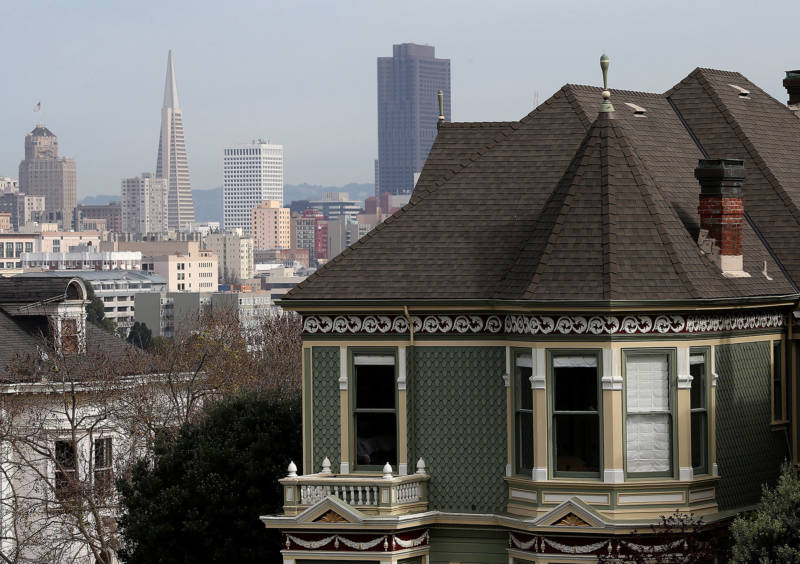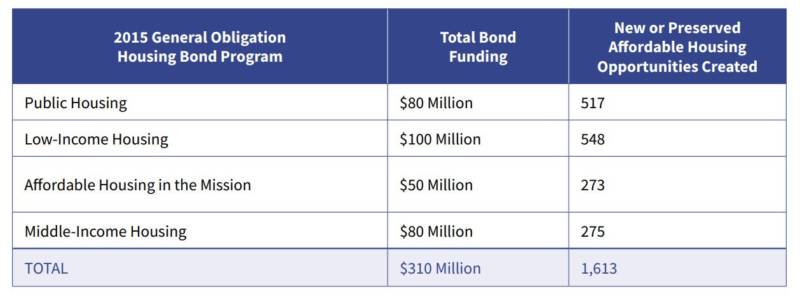San Francisco voters on Tuesday overwhelmingly gave the city permission to build housing projects for teachers and educators on publicly owned land, while a $600 million affordable housing bond, the largest in the city’s history, leads with a narrow margin.
Proposition A, a plan to increase property taxes to fund affordable housing is leading with a narrow margin as of 11 p.m. Tuesday night. City officials estimate the bond will produce approximately 2,800 units of affordable housing. That money will be divided among senior, low-income and middle-income housing, including some funding to support housing projects for educators.

